Romanian-German Relations
Romanias relationship with Germany is a privileged and strategic one, says President Iohannis.

Valentin Țigău, 21.06.2016, 13:20
For many years now, Germany has been Romanias main trade partner and the third-largest investor in this country, and the development potential remains high. Romanias relationship with that state is a strategic one, president Klaus Iohannis said after the talks with his German counterpart, Joachim Gauck, in Bucharest. Germanys president, on a three-day visit to Romania, said that Romania needed a legal and safe framework to benefit from its economic potential. He made it clear that Germany closely followed the reforms and the anti-corruption fight in Romania. Justice, he said, can provide solutions to the existing problems and the National Anti-Corruption Directorate is one of the main pillars of the reform process.
The Romanian-German talks in Bucharest also focused on the forthcoming NATO summit in Warsaw, which in the two presidents view, must convey a strong message of solidarity, unity and cohesion under the present international circumstances. Klaus Iohannis reiterated Romanias stand on the balanced and proportional strengthening of NATO eastern flank, its southern dimension included, given the security developments in the Black Sea area. After the German foreign minister had recently said that NATOs actions on the eastern flank irritated Russia, the German president had to explain in Bucharest that Germany did not deny the evidence and the threat, but it wanted a more favourable climate for its relationship with Russia.
On Monday, President Joachim Gauck also had meetings with parliamentary and government officials. On that occasion, the Senate speaker, Calin Popescu Tariceanu deplored the fact that many Western countries had not agreed to Romanias Schengen accession for domestic policy reasons. He said that the European free movement area had been turned into a political instrument. As long as Romania is not integrated into the Schengen area, we have a missing element that places us on a lower position than other European countries, Tariceanu went on to say.
On the second and last but one day of his visit to Romania, Germanys president Joachim Gauck will give an address on Europe, at the invitation of the New Europe College and the German Embassy in Bucharest, and together with president Klaus Iohannis he will travel to Sibiu, European capital of culture in 2007 and an important hub of coexistence between Romanians and ethnic Germans. Moreover, Joachim Gauck commended the Romanian model of interethnic coexistence and thanked the Romanian authorities for the way they manage the German minoritys cultural and identity problems. He said that was what Europe actually meant. The Romanian and German president agreed that Romania and Germany should cooperate in concrete projects of restoration of the fortified Evangelical churches in Transylvania.






























